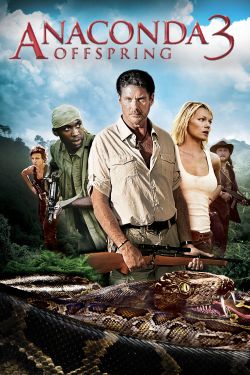
WEIGHT: 47 kg
Bust: E
One HOUR:80$
NIGHT: +50$
Services: Humiliation (giving), BDSM (receiving), Spanking, Striptease, Golden shower (out)
Help us continue to fight human rights abuses. Please give now to support our work. Download the full report in English.
Download the annex to the report. Since President John Magufuli came to power in , Tanzania has seen a sharp backslide in respect for basic freedoms of association and expression, undermining both media freedoms and civil society. While some restrictive trends may have predated his term, they have intensified since he became president. Authorities have passed new legislation and enforced existing laws that repress independent reporting and restrict the work of media, nongovernmental organizations NGOs and political opposition groups.

The president and other high-level officials have made hostile statements about rights issues, at times followed by enforcement actions cracking down on individuals and organizations seen as being critical of government policy.
Authorities have censored and suspended newspapers and radio stations, arbitrarily deregistered NGOs, and have not conducted credible investigations into abductions, attempts on the lives of journalists and opposition figures. The government has arbitrarily arrested and, in some cases, brought harassing prosecutions against journalists, activists, and opposition politicians, perceived to be government critics. Based on interviews with 80 people in July to September , and in January , this report documents these restrictions and abuses in both mainland Tanzania and the semi-autonomous island archipelago of Zanzibar, where Human Rights Watch researchers found a similarly repressive environment.

Over the past five years, the Tanzanian government has either enacted or begun to actively enforce repressive laws that undermine independent media, political opposition and civil society. These include the Cybercrimes Act, which restricts free expression online; the Statistics Act, which, until its amendment in June , criminalized publishing statistics without government approval and blocked the publication and dissemination of independent research; regulations to the Electronic and Postal Communications Act that subject bloggers to excessive licensing fees; and the Media Services Act, which gives government agencies broad power to censor and limit the independence of the media by creating stringent rules for journalists accreditation and creating offenses and oversight powers that are open to abuse by the government.

































